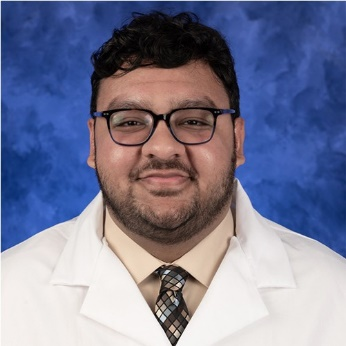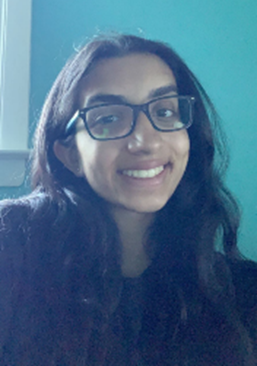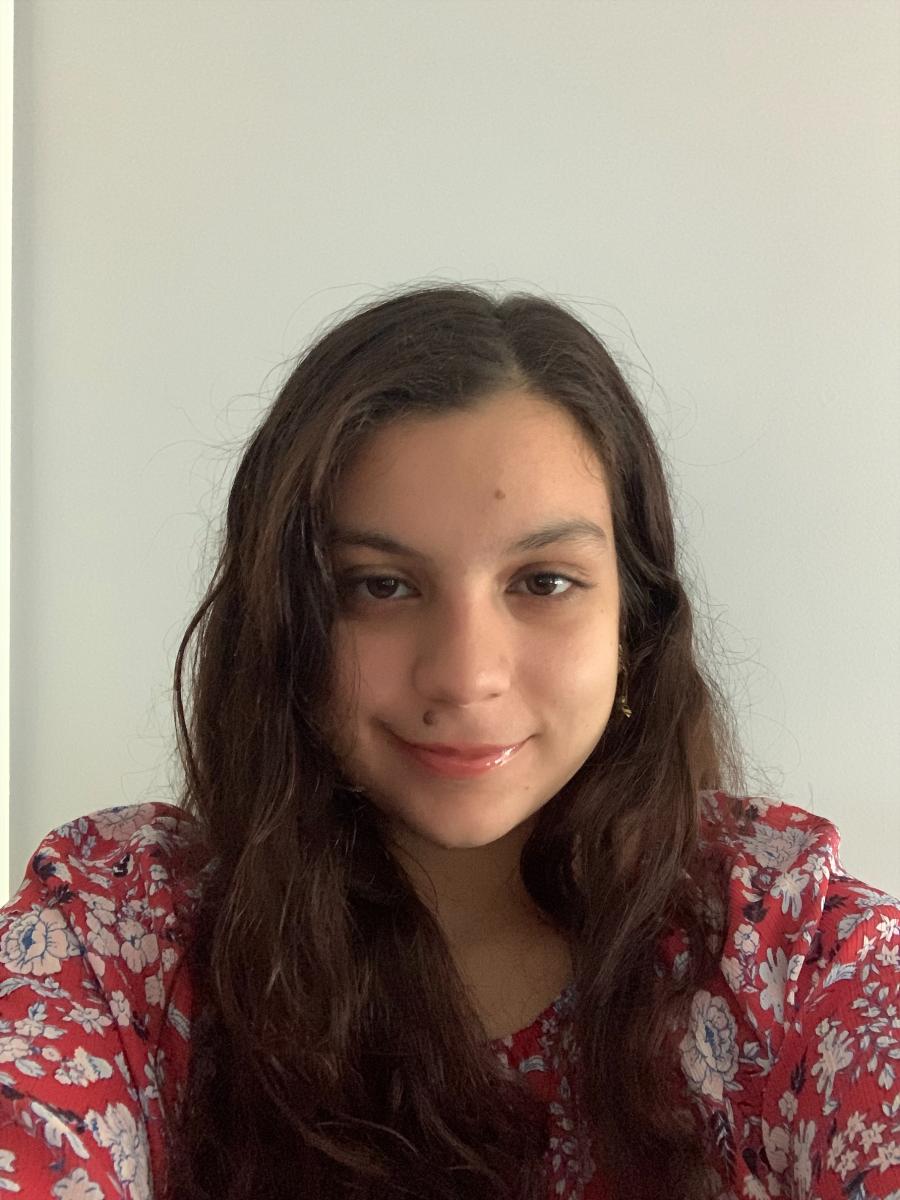
“The GSC student experience was a pilot run of a writing internship we are starting at Pitt to see what this could look like and whether I would have capacity to teach the students who join us. This experience was a huge success for students involved and for our organization as well and I definitely can continue teaching this to a small number of students moving forward.”
“For GSC students, we can continue to offer the op-Ed writing internship we did this summer pertaining to our other issue that we are starting to move into - solitary confinement. This will be more nationally-focused than our previous work.”
After taking an internship with Dr. Kaleem’s organization this past summer, Richard Fang — a sophomore at Pitt studying molecular biology and sociology — wrote an Op-Ed for the Pittsburgh Post-Gazette called Keep prisoners healthy. Eliminate their copays. Richard noted that he has learned so much from this organization about a topic that he rarely heard about before:

“I believe that the role of a healthcare system is to take care of all its constituents, especially those most vulnerable. It’s become evident to me, however, that America’s system is the very antithesis of supportive or benevolent. As a pre-health student, I very rarely learn about injustices in healthcare, even when this education is critical to becoming a compassionate healthcare worker. Everyone should begin paying more attention to these unjust issues so that we can build an equitable system for everyone to prosper.”
Riya Sharma — a sophomore neuroscience student — felt similarly about her internship and advocated against the $5 copay barrier:

“I think the struggles people face in prison are often overlooked. I wasn’t even aware of the $5 copay prior to joining Physicians for Criminal Justice Reform, which just goes to show how important it is to just get your foot in the door."
Maryam Ismail — a sophomore neuroscience student — was published in the print issue of USA Today, as well as 14 different Pennsylvania USA Today affiliate newspaper websites for her work in criminal justice advocacy. Upon the completion of her internship, Maryam felt empowered to speak up against injustice:

“To speak on my experience for the summer advocacy I would say that it was a fantastic experience that gave me a perspective on such an important issue that I have not seen a lot of coverage on. It is a very timely concern with the COVID pandemic and the other health concerns going on in today’s world. This experience also allowed me to recognize the power of my voice and the impact I can have on my immediate community to draw attention to important social issues such as this one. Speaking to that, I encourage everyone to recognize the power of their own voice and I implore everyone to use that privilege to weigh in on this important issue and make change happen.”
Annika Agarwal — a junior studying anthropology — while participating in this internship, wrote about another issue in the rights of the incarcerated – abortion bans. Her article follows the issue of women’s rights and, more specifically, the rights of incarcerated women who become forgotten victims of abortion bans. Annika learned so much about the field of justice and professionalism this summer that she reflects on with optimism.

“Advocacy starts at the ground-level, and it starts now. Anyone at any professional level, including a student, can start a national, broader conversation, much like we have done this summer. In addition, working with Dr. Zane and other students passionate about the same cause has only emphasized the value of collaboration for me; we were each able to publish our individual pieces on the same topic in different media platforms, which ultimately disseminated our message in various directions that would not have been possible otherwise. Lastly, healthcare and justice reform are very interconnected, in ways that are often not spoken about and certainly not being worked on. We hope that our project this summer has started some conversation among policymakers, but there is still a very long way to go.”
Annika’s reflections on this past summer are an inspiration for the future of criminal justice reform.
It takes courage to stand up for those who may not be able to stand for themselves. Pitt’s Global Studies Center is incredibly proud of Dr. Kaleem’s work and the work of current undergraduates pursuing educational and professional opportunities in criminal justice reform.

